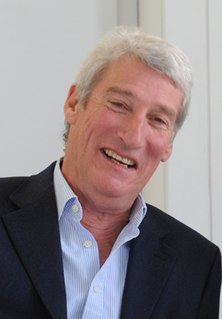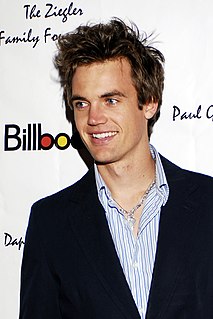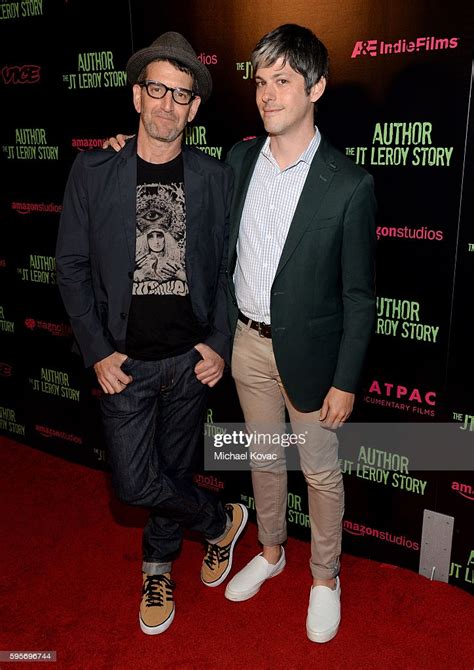A Quote by Junot Diaz
There is a lot of scepticism today as to whether memoir is real. But when fiction is done at a certain level there is scepticism as to whether it is really fiction.
Related Quotes
A fine memoir is to a fine novel as a well-wrought blanket is to a fancifully embroidered patchwork quilt. The memoir, a logical creation, dissects and dignifies reality. Fiction, wholly extravagant, magnifies it and gives it moral shape. Fiction has no practical purpose. Fiction, after all, is art.
Creative non-fiction is such a liberating genre because it allows the non-fiction writer, whether he or she be journalist or essayist, to use all of the techniques of the fiction writer and all of the ideas, creative approaches, that fiction writers get a chance to use, but they have to use it in a true story.
I think the 'New York Times' reviews overall tend to overlook popular fiction, whether you're a man, woman, white, black, purple or pink. I think there are a lot of readers who would like to see reviews that belong in the range of commercial fiction rather than making the blanket assumption that all commercial fiction is unworthy.
Going from memoir to fiction was fantastic. I had been afraid to move away from memoir; I'd written some novel drafts, but they weren't well received by my agent at the time, and it had been drilled into me that "memoir outsells fiction two to one" (not sure if that's true anymore, or if it ever was), so I felt like the only smart thing to do, professionally, was to keep mining my life for painful moments to recapitulate.





































